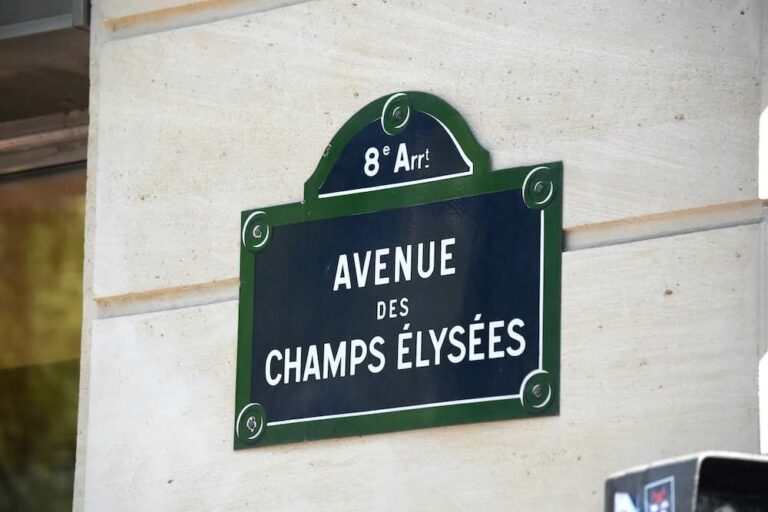il reste
The French verb rester (“to remain”) gives rise to several useful impersonal constructions that express what is left or remaining. An impersonal construction means the subject of the verb is “il,” which normally means “he,” but instead translates to “it.” So instead of meaning “he remains,” it means “it remains” or “there remains.”
1. The Basic Construction: “Il reste”
The simplest form is the impersonal il reste (“there remains”), which indicates what is left in a general sense. This construction requires a noun or pronoun as its complement.
Examples:
- Il reste du pain sur la table. (There’s some bread left on the table.)
- Il reste trois places disponibles. (There are three seats remaining.)
- Il ne reste plus de café. (There’s no coffee left.)
2. The Personal Construction: “Il me/te/lui/nous/vous/leur reste”
When expressing what remains to someone, French uses an indirect object pronoun with rester. This translates as “to have left” in English.
Structure:
Il + [indirect object pronoun] + reste + [noun/quantity]
Examples:
- Il me reste vingt euros. (I have twenty euros left.)
- Il leur reste une semaine de vacances. (They have one week of vacation left.)
- Il nous reste assez de temps. (We have enough time left.)
- Il ne lui reste plus d’argent. (He has no money left.)
3. The Pronominal Construction: “Il m’en reste”
When the remaining item has already been mentioned, French replaces the noun with the pronoun en (“some, any”). This avoids repetition.
Examples:
- Tu veux du gâteau ? Il m’en reste un peu. (Do you want some cake? I have a little left.)
- Nous avons utilisé la plupart des fournitures, mais il nous en reste assez. (We used most of the supplies, but we have enough left.)
- Il leur en reste encore. (They still have some left.)
4. Specifying Quantities: “Il me reste cinq…”
These constructions frequently appear with numerical quantities, expressing precise amounts remaining.
Examples with nouns:
- Il vous reste deux questions à répondre. (You have two questions left to answer.)
- Il ne leur reste qu’une chance. (They only have one chance left.)
- Il me reste trois chapitres à lire. (I have three chapters left to read.)
Examples with time expressions:
- Il nous reste dix minutes avant le départ. (We have ten minutes left before departure.)
- Il te reste combien de temps ? (How much time do you have left?)
- Il ne lui reste que quelques secondes. (He only has a few seconds left.)
5. Expressing Remaining Actions: “Il me reste cinq choses à faire”
When referring to tasks or actions that remain, French uses à + infinitive after the noun.
Examples:
- Il me reste plusieurs lettres à écrire. (I have several letters left to write.)
- Il leur reste beaucoup de travail à finir. (They have a lot of work left to finish.)
- Il vous reste une décision à prendre. (You have one decision left to make.)
Key Differences Between the Constructions
1. Impersonal vs. Personal
- Il reste = general statement (“there remains”)
- Il me reste = personal possession (“I have left”)
2. Explicit vs. Implicit Nouns
- Il me reste du pain = specifies the noun
- Il m’en reste = replaces a previously mentioned noun
3. Quantified vs. Non-Quantified
- Il reste du temps = unspecified amount
- Il reste cinq minutes = precise quantity
Common Mistakes to Avoid
- Incorrect pronoun placement
Wrong: Il reste-moi
Correct: Il me reste - Omitting “en” when needed
Wrong: Il me reste (without context)
Correct: Il m’en reste - Misusing prepositions
Wrong: Il reste à faire (without subject)
Correct: Il me reste des choses à faire
Practice Exercise:
Test your understanding by converting these sentences into the correct rester construction:
- “There are still some apples.”
- “She has two exams left.”
- “Do you have any milk left?” (formal vous form)
- “We have three days remaining.”
- “I still have some work to finish.”
Answer Key
- Il reste des pommes.
- Il lui reste deux examens.
- Il vous en reste, du lait ?
- Il nous reste trois jours.
- Il me reste du travail à finir.
Additional Notes:
- For question 3, en replaces du lait to avoid repetition
- Question 5 shows the à + infinitive construction for remaining actions
- All answers maintain proper pronoun placement (me/te/nous/vous before reste)






